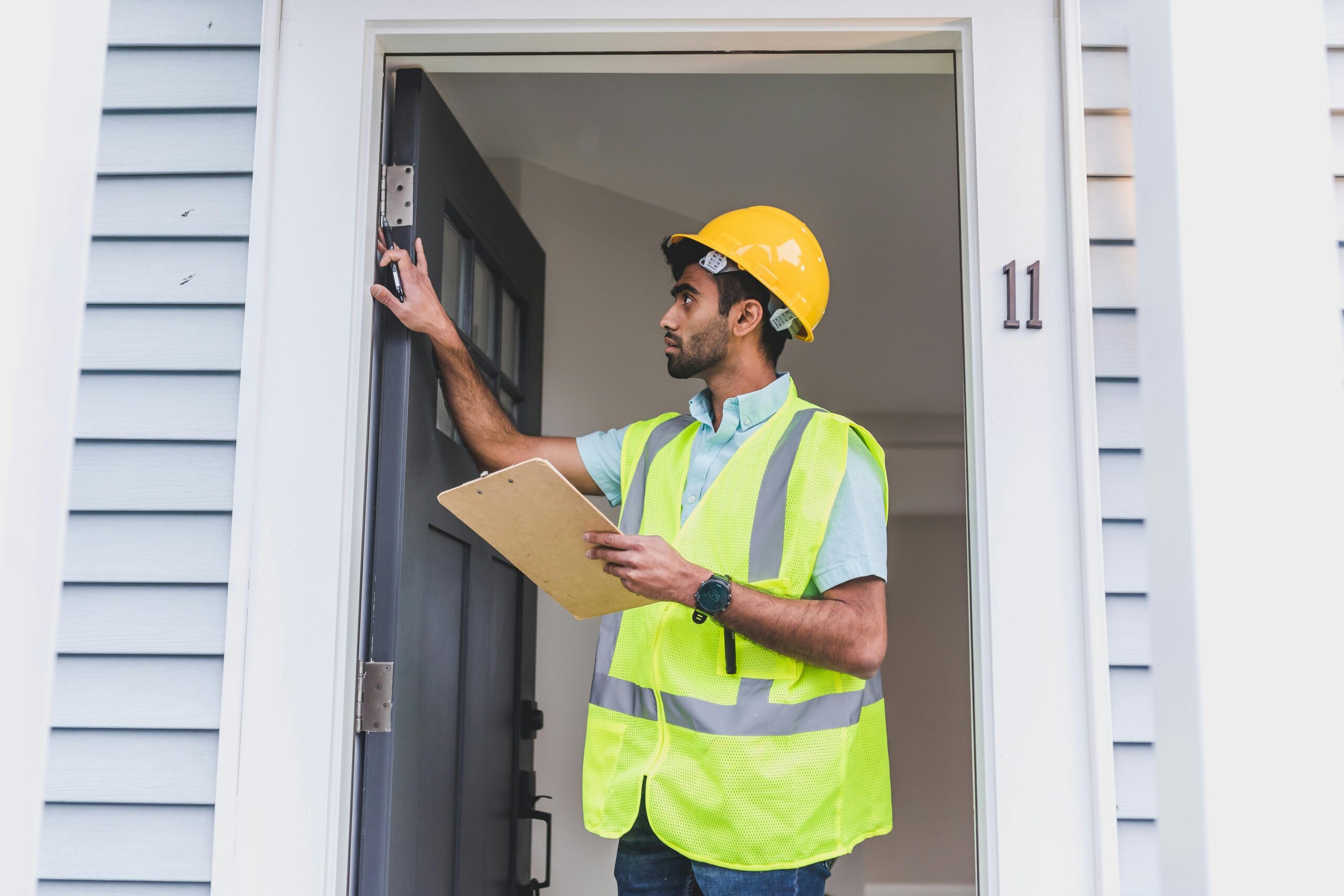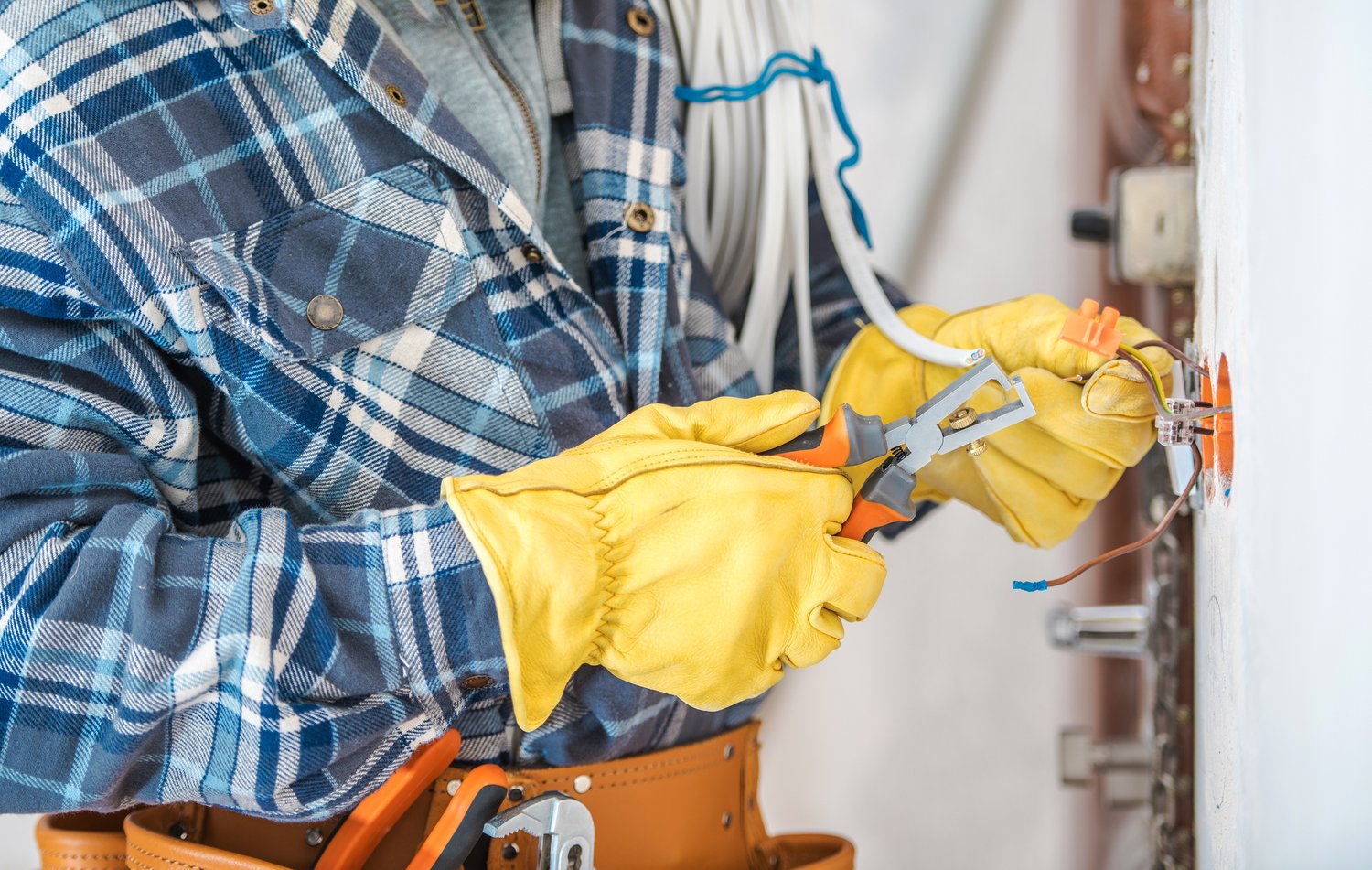When buying or selling a property, a thorough home inspection can be the difference between a smooth transaction and a costly mistake. Home inspectors serve as impartial evaluators who assess the condition of a property, identifying both visible and potential issues that might not be apparent to the untrained eye. This article explores what home inspectors examine during their evaluation, why the home inspection process is crucial for both buyers and sellers, and how to find qualified professionals who can provide this essential service.
Understanding the Home Inspection Process
The home inspection process typically begins after a buyer has made an offer on a property but before the sale is finalized. A professional inspector will spend several hours examining the property from foundation to roof, documenting their findings in a comprehensive report. Most inspections take between two and four hours, depending on the size and condition of the home. Buyers often accompany the inspector during this process, which offers an invaluable opportunity to learn about the property’s systems, maintenance requirements, and any areas of concern.
For sellers, understanding what home inspectors look for allows for proactive repairs and improvements before listing the property. This preparation can prevent unexpected negotiations or deal-breakers later in the selling process. The home inspection process benefits both buyers and sellers by establishing transparency and setting realistic expectations about the property’s condition.
Key Areas Examined During an Inspection
A thorough home inspection checklist covers numerous components of a property. The foundation and structural elements receive primary attention as they directly impact the home’s integrity and safety. Inspectors look for cracks, settling issues, water intrusion, and other signs that might indicate structural problems. These findings are critical because foundation repairs can be among the most expensive issues to fix.
The roof is another critical component that inspectors evaluate carefully. They assess the condition of roofing materials, check for proper installation, examine gutters and downspouts, and look for any signs of leaks or damage. Since roof replacement represents a significant expense, understanding its current condition and remaining lifespan helps buyers plan financially.
HVAC systems (heating, ventilation, and air conditioning) undergo thorough examination during the inspection. The inspector verifies that all components function properly, checks for appropriate installation, and assesses the age and condition of equipment. These systems directly impact comfort and energy efficiency, and replacement costs can be substantial.
Plumbing inspections involve checking for leaks, proper water pressure, adequate drainage, and signs of past water damage. The inspector will examine visible pipes, fixtures, water heaters, and waste disposal systems. Plumbing issues can range from minor repairs to major system overhauls, making this assessment particularly valuable.
Electrical systems pose safety concerns when improperly installed or maintained. Inspectors verify that the electrical panel, wiring, outlets, and fixtures meet current safety standards. They look for outdated components, improper modifications, and potential fire hazards that require immediate attention.
The Importance of Home Inspection for Buyers and Sellers
The importance of home inspection cannot be overstated for buyers. It provides crucial information for making an informed purchasing decision and can serve as a negotiation tool. If significant issues are discovered, buyers might request repairs, price reductions, or credits before proceeding with the purchase. Additionally, the inspection report offers a maintenance roadmap for new homeowners, helping them prioritize repairs and understand their property’s systems.
For sellers, a pre-listing inspection can identify problems that might derail a sale later. Addressing these issues proactively can streamline the selling process and potentially increase the property’s value. It also demonstrates transparency and good faith, which can attract more serious buyers and lead to smoother negotiations.
Finding a Certified Home Inspector
Finding a certified home inspector requires some research but pays dividends in the quality and reliability of the inspection. Professional certification indicates that the inspector has completed specialized training and adheres to industry standards. Organizations like the American Society of Home Inspectors (ASHI) and the International Association of Certified Home Inspectors (InterNACHI) maintain directories of qualified professionals.
When searching for an inspector, review their credentials, experience, and sample reports. Ask about their specializations and whether they carry errors and omissions insurance. Personal recommendations from real estate professionals or previous clients can also guide your selection. Platforms like AskHomey can connect you with certified home inspectors in your area, simplifying the process of finding qualified professionals.
Making the Most of Your Inspection Report
After the inspection, you’ll receive a detailed report documenting the inspector’s findings. Review this document carefully, paying particular attention to major issues that affect safety, habitability, or require significant investment to repair. Use the report to create a prioritized plan for addressing concerns, whether you’re a buyer negotiating repairs or a seller preparing to list your property.
Remember that no home is perfect, and the inspector’s job is to identify all potential issues. The report provides valuable information for decision-making but shouldn’t necessarily be treated as a comprehensive repair list for the seller to complete. Instead, focus on significant structural, safety, or system issues that represent meaningful investments or concerns.
For more tips and to connect with reliable home service professionals, follow AskHomey on Facebook and Instagram.



